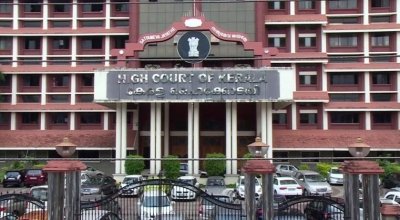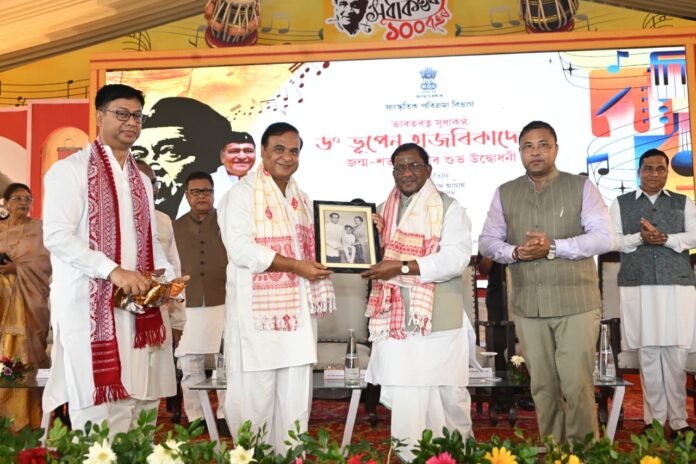Garment Workers in Bangladesh Block Highway Over Unpaid Wages
In Dhaka, Bangladesh, more than 600 garment factory workers took to the streets on Monday, protesting unpaid wages and blocking the busy Dhaka-Mymensingh highway. The protest caused massive traffic jams, leaving commuters stuck for hours and disrupting life in nearby areas, as local media outlets reported.
Gazipur Industrial Police inspector Farukul Alam confirmed the incident. He said police convinced the workers to clear the road, restoring normal traffic flow. After that, the workers marched into the factory to meet management and demand their overdue payments.
The frustrated workers say their salaries for July and August remain unpaid. They also complain that even as September rolls on, bosses keep delaying payments by blaming holidays. This has hit families hard—many can’t afford basics or pay rent, leading to huge stress from landlords, according to Bangladesh’s top newspaper, Daily Star.
This isn’t an isolated case. Just last week, tragedy struck in northern Bangladesh’s Nilphamari district in the Rangpur Division. Workers from the Export Processing Zone (EPZ) protested factory closures and layoffs, clashing with security forces. One worker died, and 10 others got injured in the violence, local reports said.
The incident drew sharp criticism from Bangladesh’s Awami League party against the interim government led by Muhammad Yunus, which took power in August 2024. In a strong statement, the party condemned the shooting of an unarmed worker, calling it a "heinous act." They accused the Yunus regime of turning Bangladesh into a "ceaseless river of blood," where people demanding rights face bullets instead of solutions.
"This illegitimate, rootless regime treats any citizen who raises their voice for rights as an enemy," the Awami League said. "The strength of the masses terrifies them. That’s why they rely on bullets to suppress those who stand up for justice." The party pointed out this isn’t new—workers have been shot in other protests before Nilphamari while fighting for their dues and better conditions.
Since the Yunus-led interim government stepped in, garment worker protests and strikes have spread across Bangladesh. Issues like unpaid wages and poor working conditions are fueling widespread anger, with many fearing more clashes ahead.



